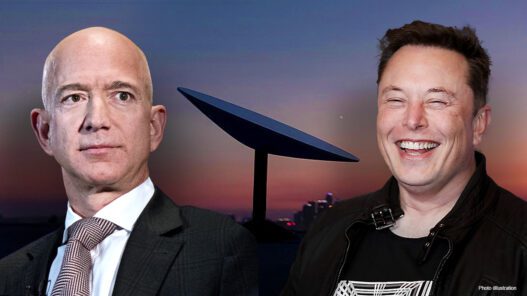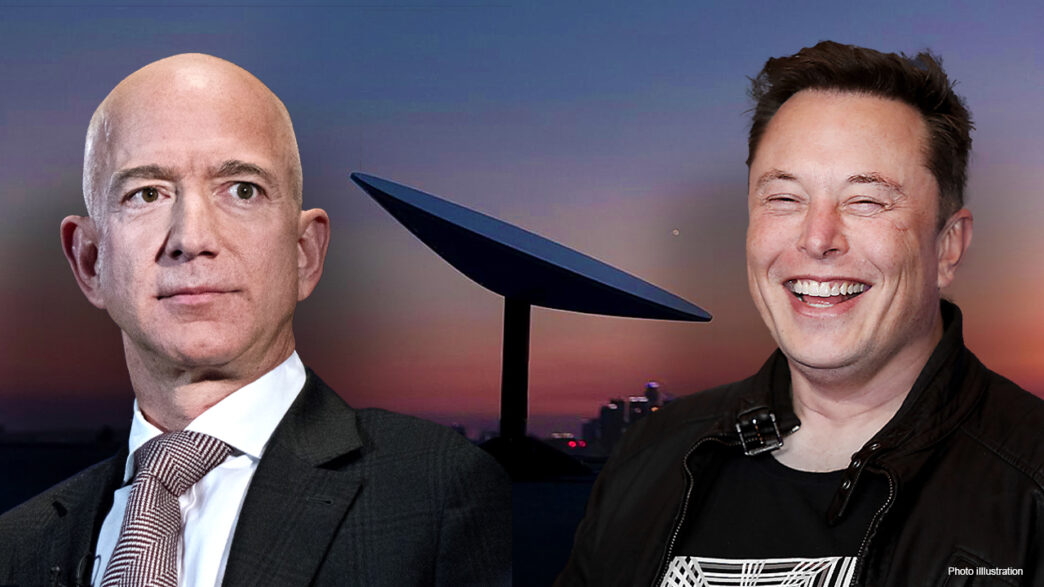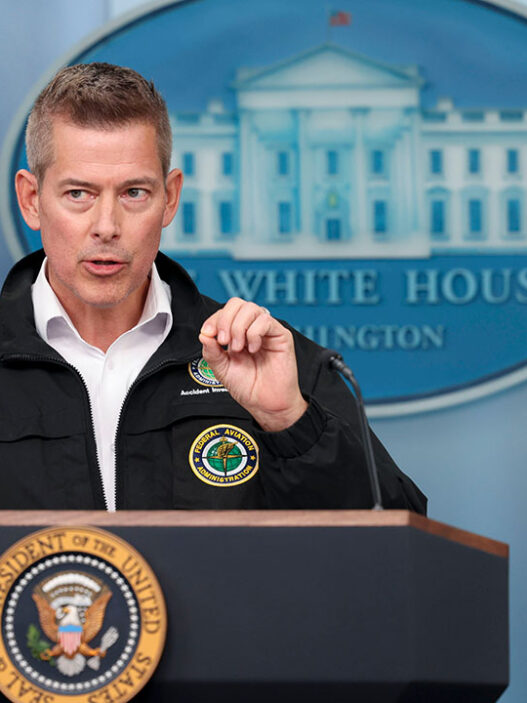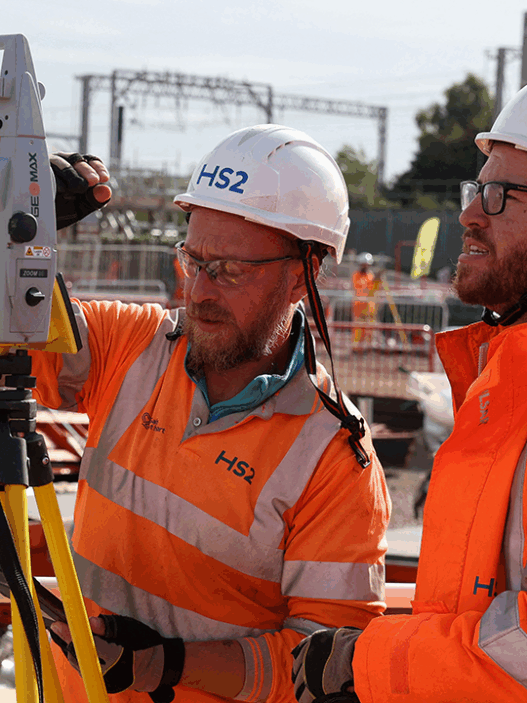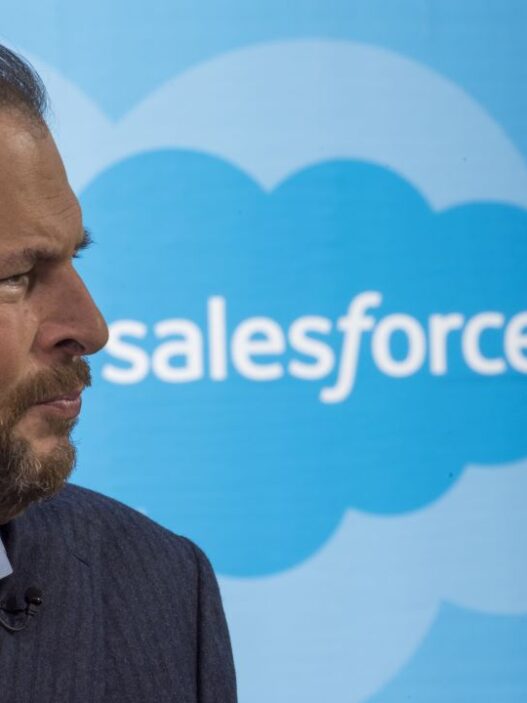Elon Musk and Jeff Bezos, two of the world’s richest individuals, compete with each other in more ways than one.
Musk’s SpaceX and Bezos’ Blue Origin might be their most well-known rivalry; however, it isn’t the only one the pair of billionaires have. Satellites and electric trucks are also areas of competition for them.
Tesla, the electric vehicle (EV) maker that Musk has run for nearly 17 years, began selling its Cybertruck in late 2023. Tesla first unveiled plans to build the electric truck in 2019.
Ahead of its debut, Musk told analysts and investors the Cybertruck is “an amazing product” and “potentially our best product ever.”
There were nearly 38,970 sales of Tesla Cybertrucks in 2024, Cox Automotive’s Kelly Blue Book estimated. In this year’s first quarter, Tesla had an estimated 6,400 sales of Cybertrucks.
Last month, Slate Auto announced that an electric truck is set to make its debut on the market late next year. Its price tag, after federal incentives, is expected to be below $20,000.
The company, backed by Bezos, described its upcoming truck as a “simplified EV 2-seat pickup” that will feature crank windows and HVAC knobs on its dashboard. Customers will be able to personalize the truck with over 100 accessories or make it a five-seat SUV, according to the company.
JEFF BEZOS-BACKED AUTOMAKER UNVEILS AFFORDABLE EV PICKUP TRUCK
Slate was born from Re:Build Manufacturing, a company founded by Jeff Wilke, the former CEO of Amazon’s worldwide consumer business. Slate received $111 million in Series A funding in 2023 (under the name Re:Car), according to a regulatory filing. Melinda Lewison, who manages Jeff Bezos’ family office, is listed as a director in the filing.
SpaceX and Amazon are both in the broadband satellite business, with Musk’s space company doing so through Starlink and the Bezos-founded tech giant via its Project Kuiper.
Starlink’s impressive constellation includes thousands of satellites. The internet that they help facilitate is available in many places around the world.
SpaceX has conducted many Starlink missions this month, carrying satellites into low-Earth orbit.
Meanwhile, Amazon aims for Project Kuiper’s “first-generation satellite system” to have over 3,200 satellites. The company has 80-plus launches of Project Kuiper satellites in the pipeline.
AMAZON TAKES FIRST STEP TOWARD SATELLITE INTERNET SERVICE WITH SUCCESSFUL LAUNCH
Project Kuiper is meant to “provide fast, affordable broadband to communities around the world that are currently unserved or underserved by traditional internet and communications options,” the e-commerce giant has said. Its internet is slated to go live later in 2025.
Amazon’s first set of Project Kuiper satellites successfully reached low-Earth orbit late last month. The 27 satellites were transported by a rocket from United Launch Alliance in a mission called KA-01.
Amazon said on May 9 that it has “continued to have a nominal start to the mission with all systems and subsystems onboard operating as planned.
SpaceX and Blue Origin have been in a heated space race for quite some time.
Musk’s space company’s Falcon 9 rocket has been flying for years, carrying satellites to orbit, helping bring astronauts to the International Space Station, and bring them home.
Another rocket that SpaceX is developing, called Starship, is slated to conduct its ninth test flight soon. It is ultimately meant to “carry both crew and cargo to Earth Orbit, the Moon, Mars and beyond,” the company has said.
Competitor Blue Origin has conducted 31 missions with its New Shepard rocket program.
STARBASE, HOME TO ELON MUSK’S SPACEX, TO OFFICIALLY BECOME A TEXAS CITY
A dozen of its New Shephard missions have brought humans to the Karmin Line, which demarcates the edge of space, in tourism flights. Its planned 13th human flight was announced by Blue Origin last week.
The Bezos-founded company is also working on a two-stage New Glenn rocket, which achieved its first launch in mid-January. The company has described the rocket as crucial to its “efforts to establish sustained human presence on the Moon, harness in-space resources, provide multi-mission, multi-orbit mobility through Blue Right, and establish destinations in low Earth orbit.”
New Glenn has orders with NASA, Project Kuiper, AST SpaceMobile and other firms.
SpaceX and Blue Origin have both won various contracts with the federal government, including ones for lunar landers, missions to the Moon and for national security, among other things.
Matthew Kazin and Stephen Sorace contributed to this report.








